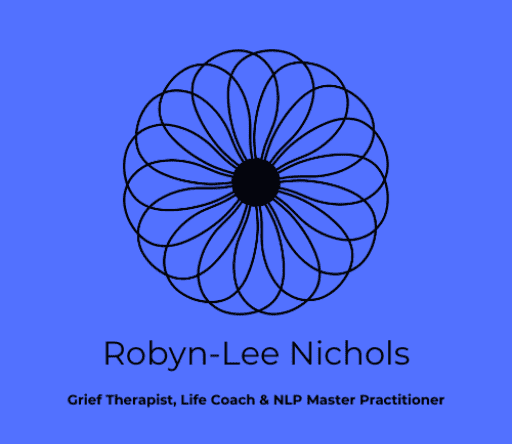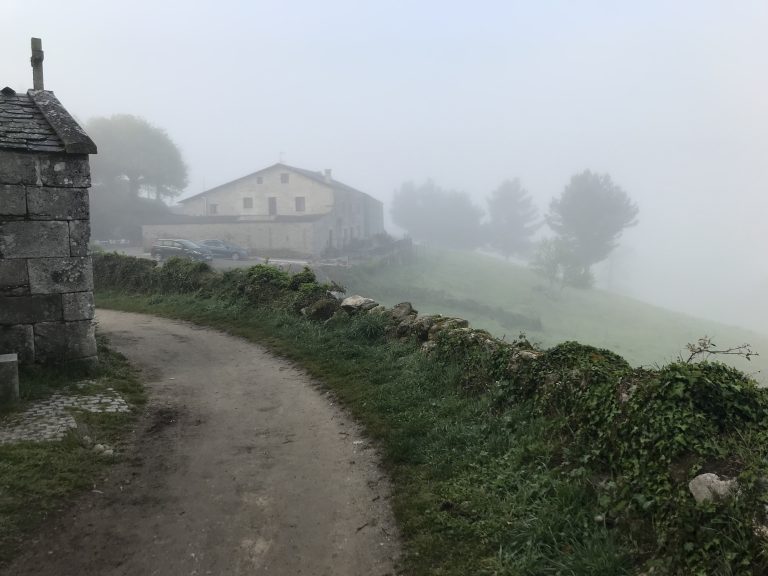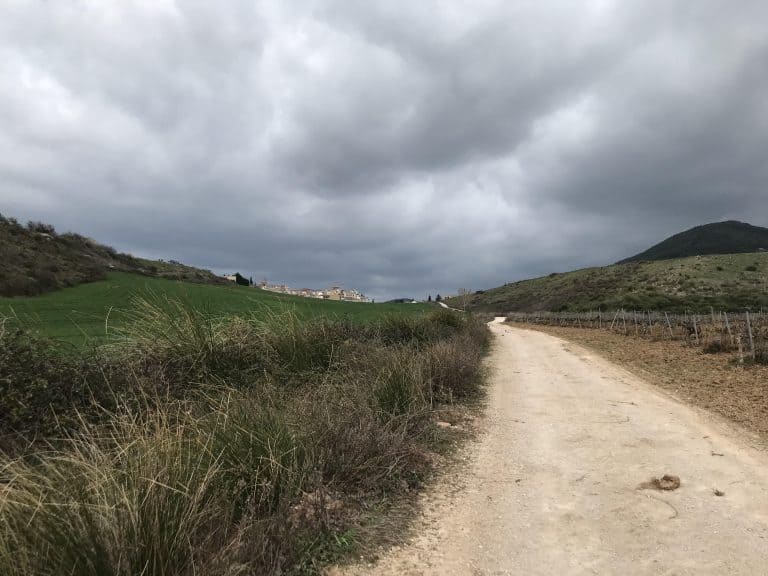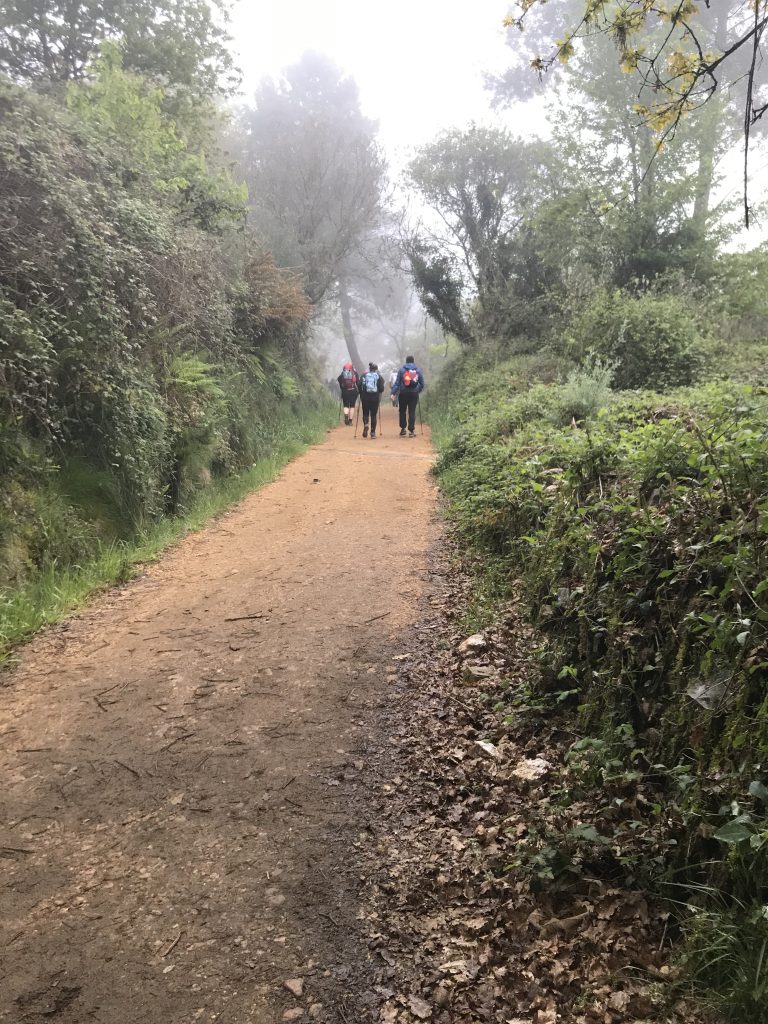Finding Purpose In Loss: Who You Are and What You Want?
Understanding Identity and Purpose in Loss
The question of “who am I?” becomes particularly poignant when we experience significant loss.
Whether it’s the death of a loved one, the end of a career, or a major life transition, these moments can shake our very foundation and leave us questioning our identity and purpose. Loss has a way of dismantling the carefully constructed narratives we’ve built about ourselves, forcing us to reconsider who we are at our core.
When you really think about it, we are born into an existential crisis. When we become aware of the finite nature of our lives, and that we are bound to seek our purpose because we aren’t fortunate enough to simply be born into one, these questions of identity and what we want become a daily pursuit.
Grief’s Impact on Purpose and Identity
When grief enters our lives, it often brings with it a profound sense of purposelessness. Finding purpose in loss can feel overwhelming and counterintuitive.
The roles we once held – perhaps as a spouse, caregiver, sister, brother, or professional – may suddenly feel hollow or cease to exist entirely. This void can be overwhelming, leading us to question not only who we are but also what we want from life moving forward.
It’s essential to recognize that this questioning, though painful, is a natural part of the grieving process and can ultimately lead to meaningful personal growth.
The Journey of Rediscovery
Finding yourself after loss isn’t about rushing to fill the void or immediately replacing what was lost.
Instead, it’s about gradually reconnecting with your core values and discovering new aspects of yourself. This journey to find purpose in loss often begins with small steps – perhaps exploring a long-forgotten interest or developing new skills.
Each step, no matter how small, helps build a bridge between who you were and who you are becoming.
Embracing Mindfulness in the Process
Mindfulness serves as a powerful tool in this journey of self-discovery. Its also critical to find purpose in loss.
By practicing present-moment awareness, we can better observe our thoughts and emotions without judgment.
This might involve:
Taking time each day to sit quietly and observe your breath, allowing thoughts and feelings to come and go without trying to change them. This practice helps create space between your experiences and your reactions, enabling clearer insight into your true desires and needs.
Our breathing and being a part of it intentionally is a wonderful way to ease feelings of anxiety, overwhelm and panic. Listening to our lungs and feeling them move in our chest brings us into the moment, where we can find peace and comfort as opposed to being overwhelmed by thoughts of the future and perhaps guilt at thoughts of the past.
The Role of Gratitude in Healing
While it might seem counterintuitive to practice gratitude during times of loss, this practice can help illuminate what truly matters to you.
Start by acknowledging small moments of beauty or connection in your daily life. These might be as simple as a warm cup of coffee, a kind word from a friend, or the gentle morning light. Through gratitude, we begin to recognize what we value most, helping to shape our understanding of who we are and what we want.
A wonderful exercise in practicing gratitude is simply starting to list everything that we are grateful for. The small things count – because when we start to write them down, quite like magic we are able to find the big things too.
Perhaps you might be grateful for the morning sun, or rain. For that second cup of coffee, for a clear drive on your way to work, for the smell of baking bread that wafts in the window, for your ability to walk, for your ableness in doing your work, for your family and friends, your home, your wifi, perhaps for the quiet for the lack of wifi too:)
The list is endless, when you really start to find the little things that make an impact in your day.
The practice of gratitude and redisovering purpose in loss, in my opinion is one of the key elements to recovery.
Creating New Meaning
As you navigate this journey, consider what activities or pursuits bring you a sense of purpose, however small. Perhaps it’s tending to a garden, writing in a journal, or helping others who are experiencing similar challenges.
These activities can serve as anchors, helping you maintain stability while exploring new aspects of your identity.
I love to check in with my energy. When I am naturally excited about a pursuit, or my energy is low at the thought of other things, then these are a good indication where we should be spending our time – and expending our energy.
Finding purpose in loss can perhaps be described as an “energetic” pursuit.
The Power of Community
Remember that you don’t have to walk this path alone.
Connecting with others who have experienced similar losses can provide both support and inspiration. Whether through support groups, therapy, or informal connections, sharing your journey with others can help validate your experiences and offer new perspectives on possibility and purpose.
In the face of loss, it is comforting to know that we are never really alone. At least one other human being that you know right now, has some experience with grief, loss and questioning their own purpose and value.
A shared story is exceptionally powerful.
Moving Forward While Honouring the Past
As you work to answer the questions of who you are and what you want, remember that moving forward doesn’t mean forgetting.
Your past experiences, including your losses, are integral parts of your story. The key is learning to carry these experiences while remaining open to new possibilities and ways of being.
If we are to consider our loved ones wishes for us – we will no doubt understand that they wish that we live our best lives.
Practical Steps Forward
Consider keeping a journal to track your journey, noting moments of clarity or insight about your identity and desires.
Set aside time each day for reflection through mindfulness practices.
Experiment with new activities or roles that interest you, knowing that it’s okay to try things and decide they’re not for you.
Most importantly, be patient with yourself as you navigate this process of rediscovery.
Remember that the questions “who am I?” and “what do I want?” don’t have fixed answers. They evolve as we do, shaped by our experiences, losses, and growth.
By approaching these questions with curiosity and compassion for ourselves and our journey, while utilizing tools like mindfulness and gratitude, we can begin to craft meaningful answers that honour both our past and our potential for future growth.







